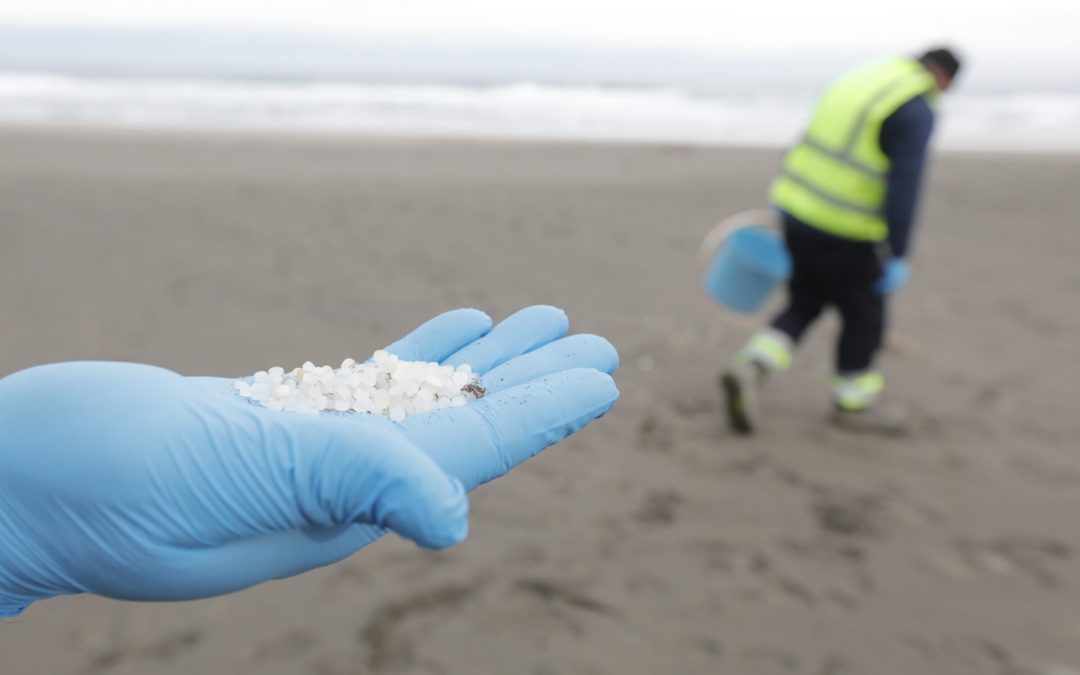STRASBOURG (ANP) – The European Commission often misses legal deadlines for making decisions about hazardous chemical substances. This is stated by the European Ombudsman Emily O’Reilly on Monday in the preliminary results of her investigation into the risk management of hazardous substances by the Commission. She calls this slow pace of action “maladministration.”
According to the Ombudsman, the Commission takes an average of 14.5 months to prepare a draft decision, while the legal deadline for this is a maximum of three months. In some cases, this process even takes several years. The delay that results from this is, according to O’Reilly, a threat to public health and the environment. The substances in question can be carcinogenic or harmful to reproduction. Because as long as the European Commission has not yet made a decision about a particular substance, companies can still use them.
These substances can be used in all kinds of products. Environmental organization ClientEarth and the European Environmental Bureau (EEB) cite the use of DEHP as an example, which was found in various plastic products, such as toys, clothes, plastic plates, and sex toys. It took years before the Commission intervened in DEHP. Currently, a significant portion of the applications involves the toxic substance chromium trioxide, which is used, for example, to apply a protective layer to metal parts.
Since the European REACH legislation (Registration, Evaluation, Authorisation and Restriction of Chemicals), companies must request permission to use substances classified as ‘very concerning.’ According to the Ombudsman, this European chemical legislation was aimed at rapidly phasing out or regulating hazardous substances.
However, O’Reilly believes that companies should provide complete and accurate information with their applications to use a substance. She also calls on the Commission to reject companies if their information is insufficient. Upon rejection, they would no longer be allowed to use these substances within the EU.
The European Commission says in response that the REACH legislation is complex and that this partly explains the lengthy procedures. But according to a spokesperson for the commission, they will also “examine our internal procedures to see how the decision-making process can be made more efficient.”
(October 22, 2024)
 go to the original language article
go to the original language article
